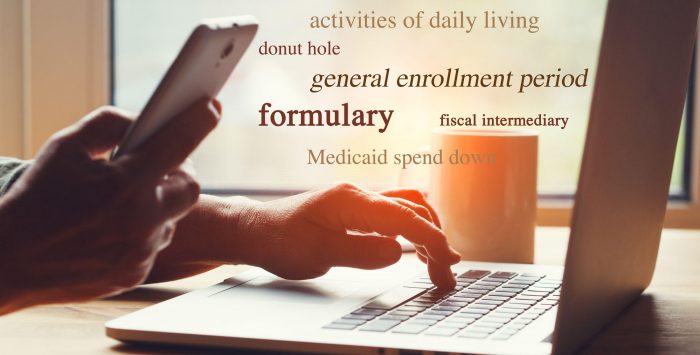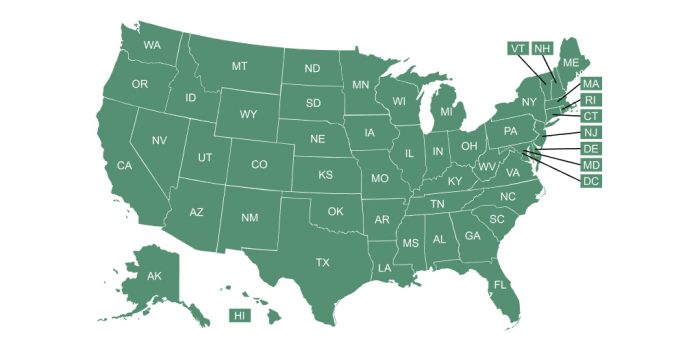What is a Minimum Monthly Maintenance Needs Allowance (MMMNA)?
The Minimum Monthly Maintenance Needs Allowance, or MMMNA, refers to the fact that if one spouse is receiving Medicaid-funded long-term services and supports (LTSS) in a nursing home or via Medicaid’s Home and Community-Based Services, the other spouse might be allowed to keep some or all of the Medicaid-covered spouse’s income.
In most cases, only the income of the spouse receiving LTSS is counted toward the eligibility limit for Medicaid long-term care benefits. But if the other spouse (known as the “community spouse” or “well-spouse”) has little or no income of their own, they will be allowed to keep some of their spouse’s income via the MMMNA. These rules are designed to protect the community spouse from becoming impoverished so that their spouse can qualify for Medicaid.
If a community spouse’s monthly income is below a certain amount, they can keep a Minimum Monthly Maintenance Needs Allowance from the income of their spouse who receives nursing home or HCBS benefits – which can increase a community spouse’s income until it reaches that amount. This is sometimes called a “spousal allowance.” This ensures that if the spouse who needs Medicaid LTSS is the breadwinner, the other spouse will not be left without an income.
The MMMNA varies in each state and is indexed annually. In 2025, it can range from a minimum of about $2,644/month to a maximum of $3,948/month, in the continental United States (higher in Alaska and Hawaii).
Footnotes
Tags: long-term services and supports




